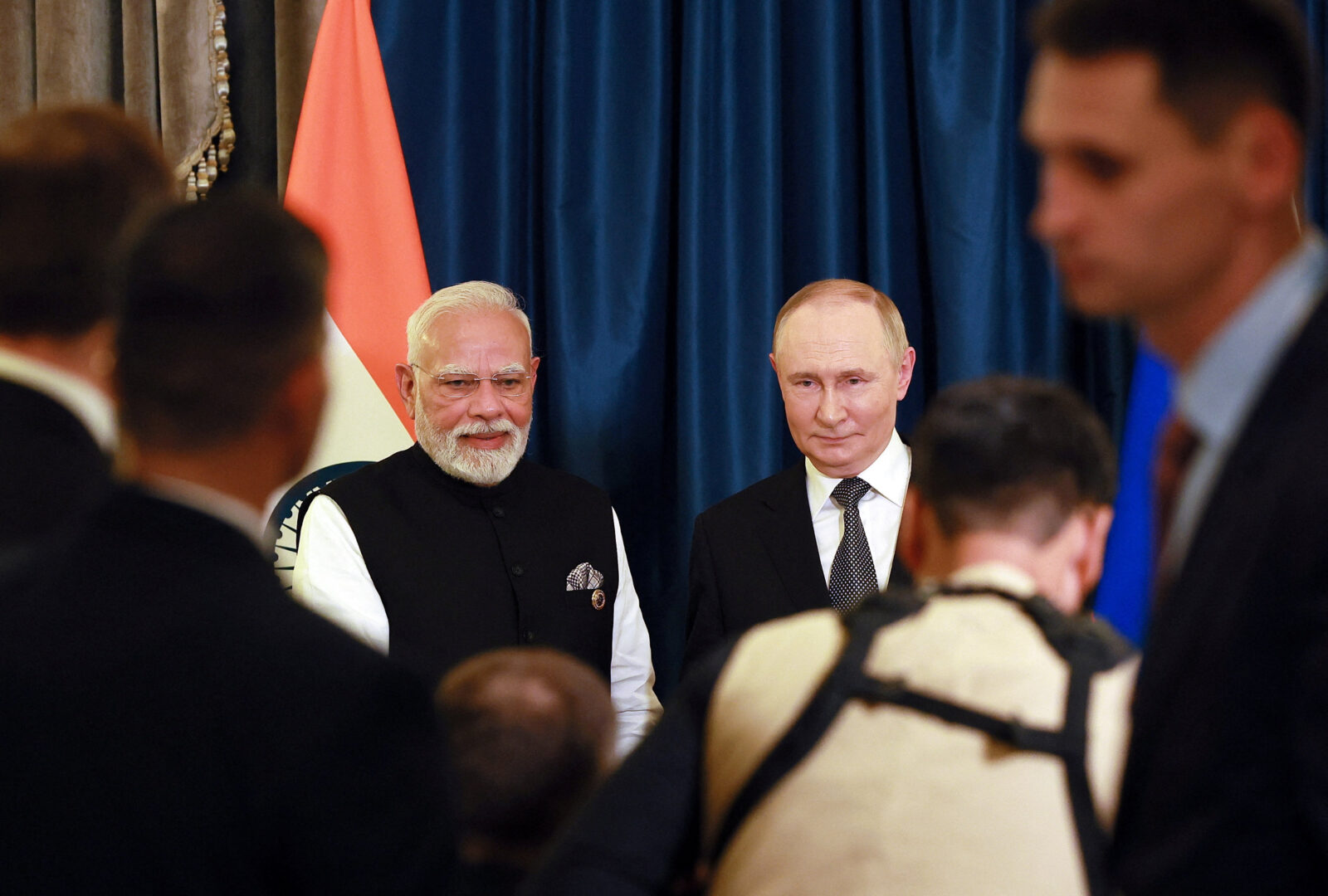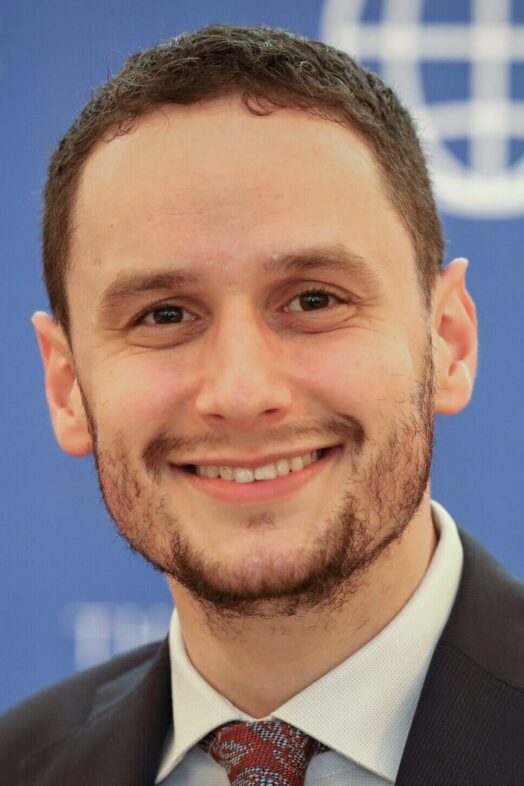Ukraine Peace Talks and the Pitfalls of Maximalism in a Multipolar World
As the United States and European nations weigh potential “security guarantees” for Ukraine, discussions have veered toward how to coax Russia into accepting terms for war termination in Ukraine that are more acceptable to the West.
President Trump has pledged that the United States would mirror a European move to impose severe tariffs on countries that import Russian energy — a political lift so heavy that it likely reveals the administration’s reticence to risk pushing Russia, China and India even closer together. Even his more recent comments, highlighting the possibility of Ukraine recapturing territory with Europe’s help, likely represent an attempt to shift responsibility for managing the conflict to America’s transatlantic allies. The limited coercive leverage at the West’s disposal highlights that there is no avoiding a compromise settlement.
In a shifting international order, how can a compromise peace in Ukraine be beneficial for both U.S. grand strategy and the broader world? Going forward, in what ways will maximalist approaches to term-setting need to give way to compromise — and to more dynamic and flexible relations with a variety of actors? And how should the United States and its allies adjust course in the current negotiations?
To discuss these questions and more, join a conversation featuring George Beebe, director of Grand Strategy at the Quincy Institute, Sarang Shidore, director of the Global South program at the Quincy Institute, and Emma Ashford, senior fellow in the Reimagining U.S. Grand Strategy program at the Stimson Center. Zach Paikin, deputy director of QI’s Better Order project, will moderate.
The conversation will take place on Thursday, October 16th from 11:00 AM – 12:00 PM Eastern Time.
Program
Topics
Entities
Panelists
George Beebe is director of grand strategy at the Quincy Institute. He spent more than two decades in government as an intelligence analyst, diplomat, and policy advisor, including as director of the CIA’s Russia analysis, director of the CIA’s Open Source Center, and as a staff advisor on Russia matters to Vice President Cheney. His book, The Russia Trap: How Our Shadow War with Russia Could Spiral into Nuclear Catastrophe (St. Martin’s Press, 2019), warned how the United States and Russia could stumble into a dangerous military confrontation. Prior to joining QI, George was Vice President and Director of Studies at the Center for the National Interest and before that he served as president of a technology company that measured the impact of events, issues, and advertising campaigns on audience views. He speaks Russian and German.
Sarang Shidore is director of the Global South Program at the Quincy Institute. He was also a member of the adjunct faculty at George Washington University, where he taught a class on the geopolitics of climate change. He researches and writes on the geopolitics of the Global South, Asia, and climate change. Sarang has published in Foreign Affairs, Foreign Policy, The New York Times, The Nation, South China Morning Post, The Diplomat, Council on Foreign Relations, Energy Policy, Energy Research & Social Science and others. He currently also serves as co-lead in the think-tank track (T20) of the G20 meetings. Prior to his current role, Sarang was director of studies at the Quincy Institute, senior research scholar at the University of Texas at Austin, and senior global analyst at the geopolitical risk firm Stratfor Inc. and previously also spent more than a decade in engineering and product management in the technology industry.
Emma Ashford is a senior fellow with the Reimagining US Grand Strategy program at the Stimson Center. She works on a variety of issues related to the future of U.S foreign policy, international security, and the politics of global energy markets. She has expertise in the politics of Russia, Europe, and the Middle East. Ashford is also a nonresident fellow at the Modern War Institute at West Point, and an adjunct assistant professor in the Security Studies Program at Georgetown University. Her first book, "Oil, the State, and War: The Foreign Policies of Petrostates", was published by Georgetown University Press in 2022, and explored the international security ramifications of oil production and export in states such as Russia, Saudi Arabia, Iran, and Venezuela. Prior to joining the Stimson Center, Ashford was a senior fellow with the Atlantic Council’s New American Engagement Initiative, which focused on challenging the prevailing assumptions governing US foreign policy.
Dr. Zachary Paikin is deputy director of the Better Order Project and research fellow in the Grand Strategy Program at the Quincy Institute for Responsible Statecraft. He is also senior fellow at the Institute for Peace & Diplomacy (IPD), a Canadian international affairs think tank. Previously, Dr. Paikin was researcher in EU Foreign Policy at the Centre for European Policy Studies (CEPS) in Brussels from 2021 to 2023 and senior researcher in the International Security Dialogue Department at the Geneva Centre for Security Policy (GCSP) from 2023 to 2024. Among other affiliations, Paikin serves as chair of the Younger Generation Leaders Network on Euro-Atlantic Security (YGLN) and is a collaborator with the Network for Strategic Analysis, funded by the Canadian Department of National Defence





